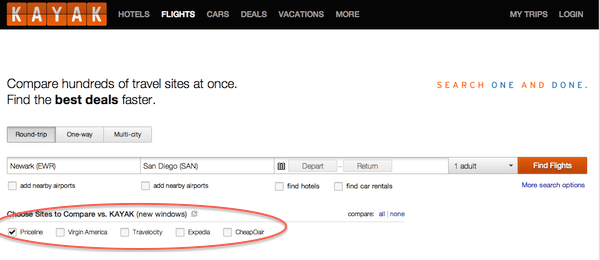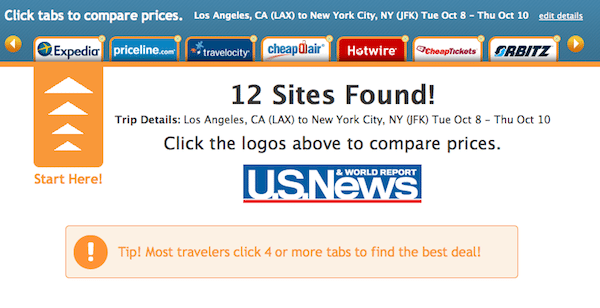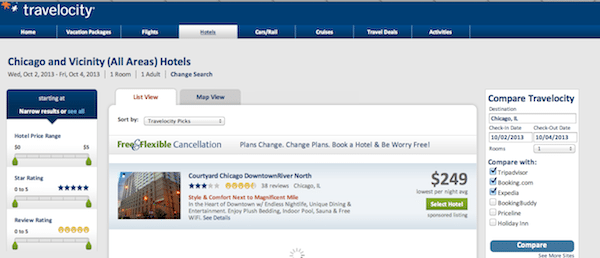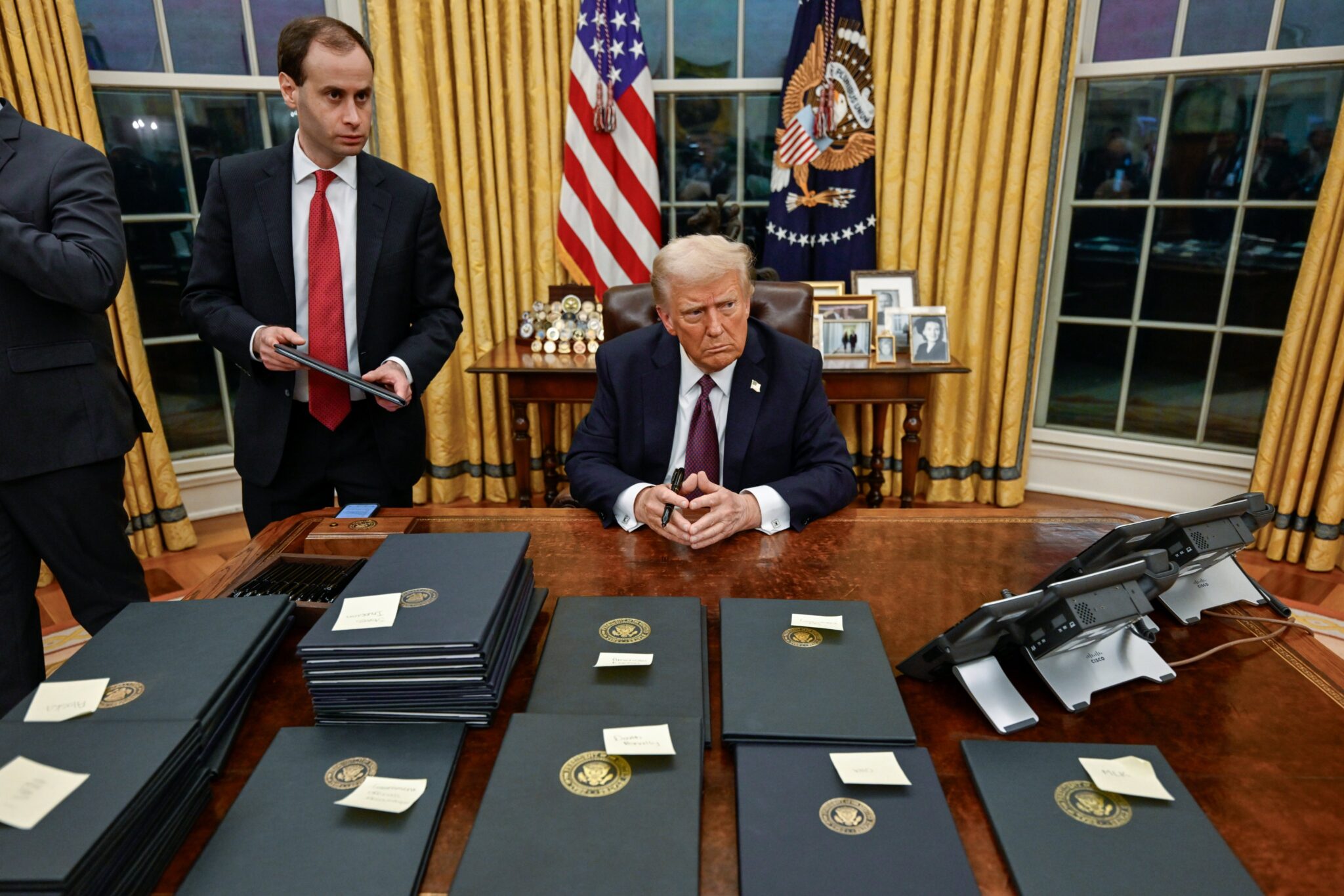Why Travel Booking Sites Are Still Pushing Pop-Under Ads
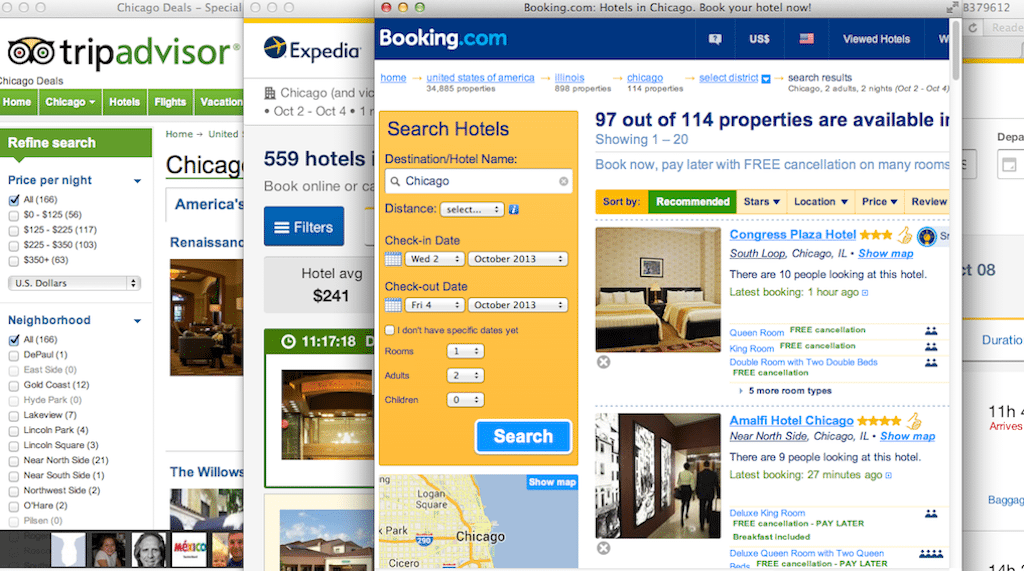
Skift Take
Booking Buddy, which is now owned by TripAdvisor, pioneered pop-under ads in travel, and for travel websites and their online travel agency and hotel advertisers, it's a gift that keeps on giving.
This model is still omnipresent on sites such as Kayak, where travelers may decide not to view airfares side-by-side metasearch-style for a Newark to San Diego flight, but will opt instead to use the BookingBuddy-inspired feature, labeled "Choose Sites to Compare vs. Kayak (new windows)," which appears under the main search tool.
To be sure, this is not Kayak's most lucrative search feature. Kayak earns a lot more money on a cost-per-click basis through its primary business, metasearch, when users choose the Find Flights option, land on the Kayak flight search results page where the airfares are shown, and then book their flights.
That's because the customer landing on Kayak's flight or hotel search results page, which show the supplier and the rate, is much more likely to convert into a booker than the users who are just starting to search and are opening a bunch of browsers with no idea of the price through the Compare vs. Kayak (new windows) feature.
Kayak prefers that customers use its core hotel and flight metasearch tools, but is happy not leave money on the table when site visitors choose the "compare" feature instead.
That's where the BookingBuddy-like Compare vs. Kayak feature comes in.
It's present on Kayak's homepage for a reason: It's driving revenue.
After all, Kayak can attract site visitors by buying keywords in Google, and then charge advertisers a lot more when each window opens, sometimes collecting three or four times on that single visit from Google as multiple windows open. And site visitors who come directly to Kayak, and use the "compare" feature provide an even larger payday.
This Isn't the TSA's Pre-Check
Notice in the screenshot above that Kayak's parent/sister company, Priceline.com, is pre-checked by default.
Such pre-checking over the years, with sites often pre-checking three or four windows at a time, led to a lot of grief, and played a role in what some call a "downward spiral" in cost-per-click rates for these pop-under widgets.
That's because when sites are pre-checked, users unwittingly open a bunch of windows by default. The source website gets all that click revenue, but users are often dissatisfied when they are surprised to see their computer screens cluttered with new windows opening all over the place.
It can be a very lousy user experience, and that led many sites to quit pre-checking multiple windows.
At right is a Booking Buddy flight-search widget from a referral on the U.S. News & World Report site. Notice that Booking Buddy doesn't pre-check any of the 12 advertisers, but it strongly suggests users begin searching on Expedia.com.
And, Booking Buddy self-interestingly provide the "tip" that "most travelers click 4 or more tabs to find the best deal." Four tabs means four sales for Booking Buddy.
The downward spiral in CPC rates has also been triggered by the proliferation of these widgets all over the online travel arena over the last decade.
There Are Tools and Then There Are Variants
But, there is a variant of the initial Booking Buddy flight- and hotel-search tools that are considered more lucrative and valuable to advertisers because they only appear after a traveler has done an initial search for a hotel or flight on specific dates.
For example, consumers might do a traditional hotel search on Travelocity.com, and then they'll view the Compare Travelocity widget on the search results page (far right).
In the above example, Travelocity has pre-checked TripAdvisor, Booking.com and Expedia, and these three windows open if the user clicks "compare." All things being equal, leads generated from a compare widget on the search results page would be more valuable to the advertisers -- and they'll pay a higher cpc rate -- because the traveler is narrowing down choices based on price, and is considerably further along in the search process, and more likely to convert from looker to booker.
There are numerous companies today playing in this "compare" search space, including BookingBuddy, and Intent Media, which has built an built an auction platform to facilitate travel advertisers' participation in its compare widgets on publisher sites.
Most other companies offering these compare widgets and still some metasearch players still negotiate rates with advertisers on a monthly or quarterly basis.
TripAdvisor Scraps Pop-Unders for Hotel Metasaearch
All of this relates to TripAdvisor's transition to hotel metasearch and the difficulties it is having to date.
TripAdvisor, which acquired Smarter Travel and Booking Buddy in 2007, for years used Booking Buddy-style pop-unders for hotel searches as one of its primary revenue drivers until TripAdvisor launched Kayak-like hotel metasearch earlier this year.
Stephen Kaufer, TripAdvisor's CEO, earlier this year pinned the blame on himself for the company sticking with pop-unders for so long, adding that TripAdvisor switched to hotel metasearch because it is a much better customer experience.
But there is much more to the story.
TripAdvisor drives a ton of traffic to its advertisers, but the proliferation of pop-under widgets for flight and hotel metasearch has put pressure on cpc rates.
Hotel metasearch, with its much more-qualified consumer leads for advertisers, brings CPC rates considerably higher than those in pop-unders.
Susquehanna Financial Group estimates that TripAdvisor generated $2.37 to $2.61 per click in hotel metasearch in the second quarter, for example.
That is a lot nicer click for TripAdvisor than a few 35-cent clicks it might get using the pop-under strategy.
In addition to the higher CPC rates, TripAdvisor indeed needed to improve the user experience in hotel search if it was to compete with the likes of Kayak, Trivago, and emerging players in the coming years.
As one advertising guru put it, referring to the transition, "TripAdvisor is on the right side of history."
That might be a tad melodramatic, but the trend is clear.
In addition, It doesn't get talked about much, but mobile is another major factor in TripAdvisor's switch to hotel metasearch. Having users navigate to an online travel agency site metasearch-style on a mobile app to book a hotel is difficult enough.
But, showing pop-under ads as a way to book hotels with several windows struggling to open on a smartphone, just doesn't work at all.
If mobile is the future, then TripAdvisor had to make the transition to metasearch because of the user experience and the more lucrative economics.
Six years after TripAdvisor acquired it, Booking Buddy is still doing its thing, but the parent company has transitioned to bigger and better things.

